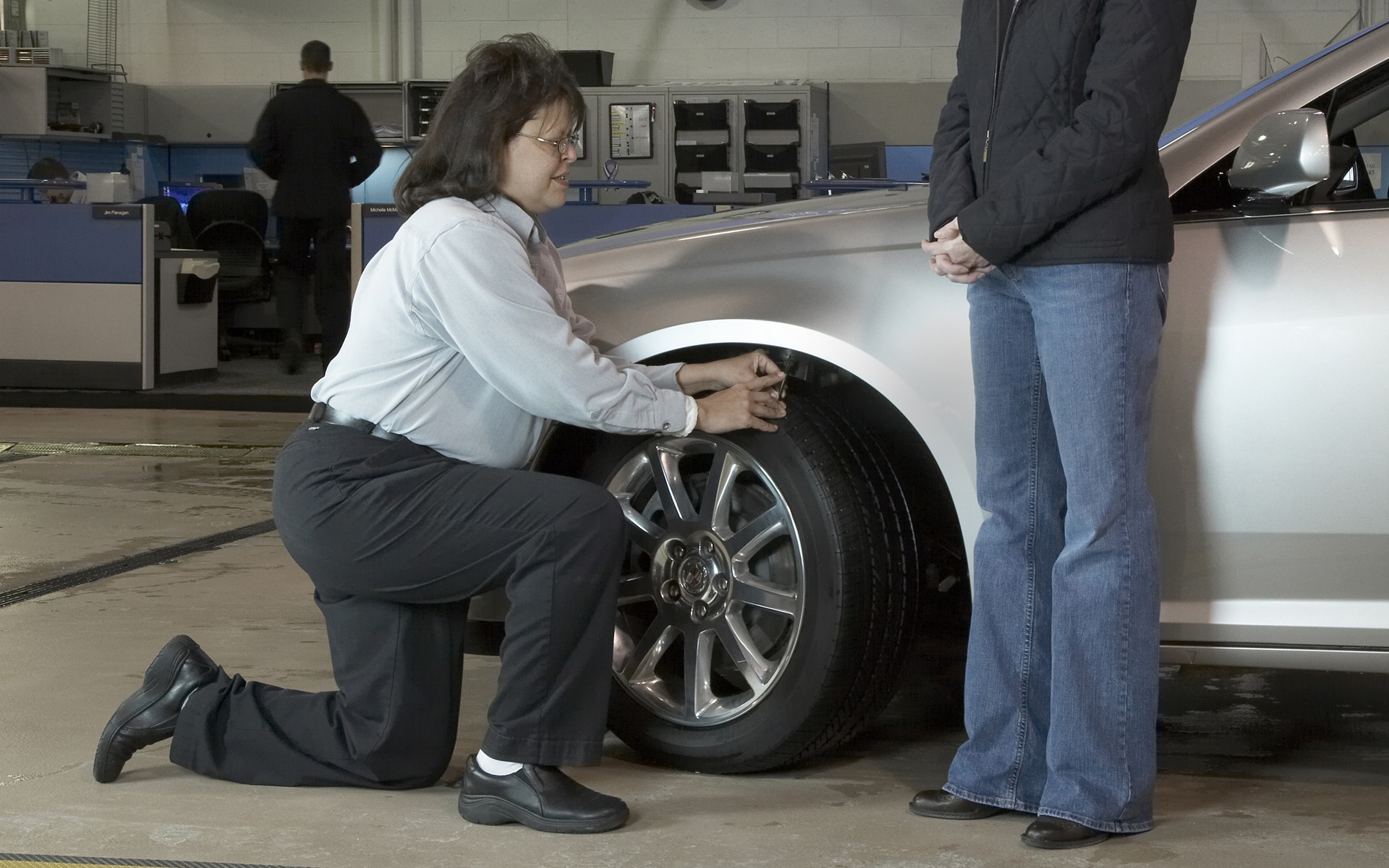Are Your Summer Tires Up to the Task?
Winter tires are mandatory in Quebec, recommended in other provinces, and that can have an effect on our summer tires. Unless your summer tires are new, they’ve spent December to March in storage, where they may have deteriorated. Some electrical parts produce ozone which damages rubber, while warm spaces (like furnace rooms) can also affect tire traction. Other culprits include grease, humidity and various chemical products.
When you have your summer tires installed, ask the mechanic to do a detailed inspection to see if there are any dry patches or cracks. Tread wear should also be checked. When tires are stored for so long, it’s easy to forget that the tread is too worn to make it through another season. If you have worn tires installed on your car, you may soon have to make a trip back to the mechanic’s to have them replaced. Leaving them on your car can result in poor traction on corners or wet surfaces and longer braking distances.
In addition to verifying the tire’s casing and tread, it’s also important to make sure your tire pressure is right. The more often you load down your vehicle, the more often you need to add air to the tires, always in accordance with the manufacturer’s recommendations. This is particularly important if you plan on covering long distances at high speeds. A poorly inflated tire can overheat and burst.
Never forget that your tires are your only point of contact with the road.
- How To Choose A Summer Tire: Which All-Season Is Right For You?







